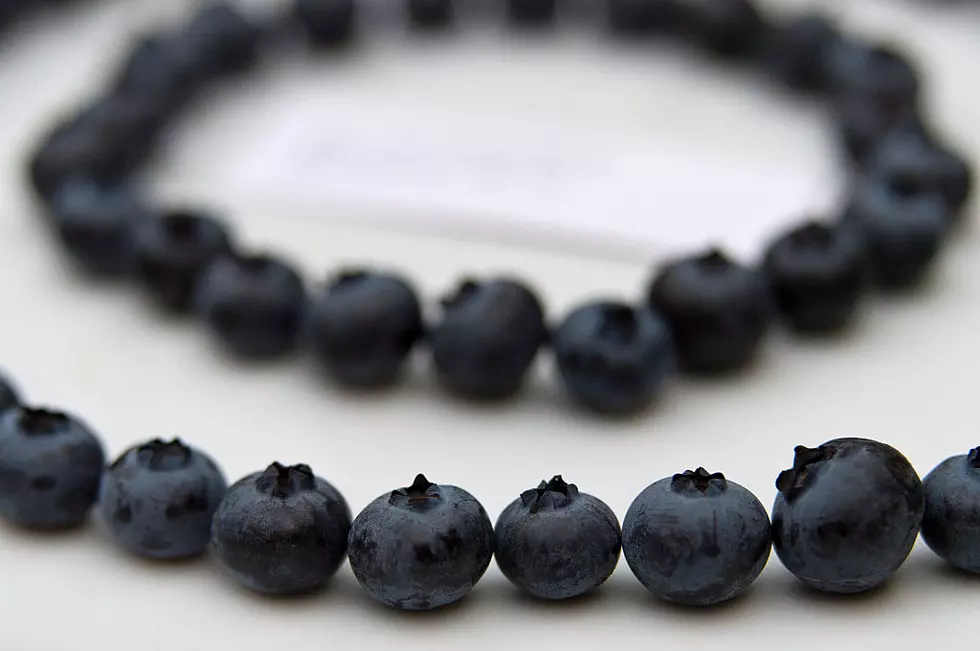
Massachusetts Braces for EEE Season
The risks of COVID-19 transmission are higher indoors, and as summer ramps up Massachusetts is beginning to see signs that another public health hazard is emerging again outdoors.
Three days after announcing the first case of the season, state public health officials on Monday said that eastern equine encephalitis (EEE) virus has been detected in a second mosquito sample, this one collected July 5 in the Franklin County community of Wendell. The first EEE case was detected in Orange, also in Franklin County. State officials now consider the EEE risks to be moderate in the communities of Athol, Wendell, New Salem and Orange.
Gov. Charlie Baker plans a 10 a.m. press conference in Plymouth today to highlight statewide efforts to address another season of EEE and mosquito-borne illnesses.
There were 12 human cases of EEE in Massachusetts in 2019 with six deaths. The disease can affect people of all ages and is generally spread to humans through the bite of an infected mosquito. Officials are now cautioning everyone to again begin taking precautions to avoid getting bit by mosquitoes.
"We are seeing EEE activity in mosquitoes very early in the season," said Public Health Commissioner Monica Bharel. "We will continue to conduct additional surveillance, including trapping and testing mosquitoes in the region over the next several weeks to better inform our guidance to local communities."
State Epidemiologist Catherine Brown said the "second early finding reinforces our concern about EEE activity this season."
The first human EEE case last year was announced on Aug. 10, 2019, and the first human case of West Nile virus was announced on Sept. 11, 2019. Last year, risks were elevated to high and critical levels in scores of communities throughout the summer, and aerial spraying was deployed in many areas.
In April, during the COVID-19 surge here, Gov. Charlie Baker filed legislation to modernize the state's approach to the spread of mosquito-borne illnesses, saying that many cities and towns lack entities engaged in mosquito control and are not part of larger control projects.
Baker wrote that the "current framework for mosquito control dates to the 1970s and does not allow for the sort of coordinated statewide efforts that are necessary to prevent and combat these viruses and the mosquitoes that carry them." He said he filed the bill after the state last year "experienced unprecedented levels of EEE prevalence, illness, and deaths."
The Senate approved a mosquito control bill (S 2757) in June and it is pending before the House Ways and Means Committee. The bill would give the State Reclamation and Mosquito Control Board new powers to fight mosquito-borne illnesses when the state Department of Public Health determines there is an elevated risk.
Baker travels to Plymouth Tuesday to highlight efforts to prepare for EEE season. He will be joined at 10 a.m. at the Plymouth County Mosquito Control Project on South Meadow Road by Commissioner Bharel, Lt. Governor Karyn Polito, and Secretary of Energy and Environmental Affairs Kathleen Theoharides.
At 2:30, Baker plans a "virtual celebration" to mark the signing of a new memorandum of understanding that his office says will guide a state and federal partnership to replace the Bourne and Sagamore bridges that connect to Cape Cod. U.S. Army Corps of Engineers New England District Commander William Conde is scheduled to participate with the governor. A MassDOT spokesperson was not available Tuesday to offer details about the new MOU.
— State House News Service

More From WBSM-AM/AM 1420









